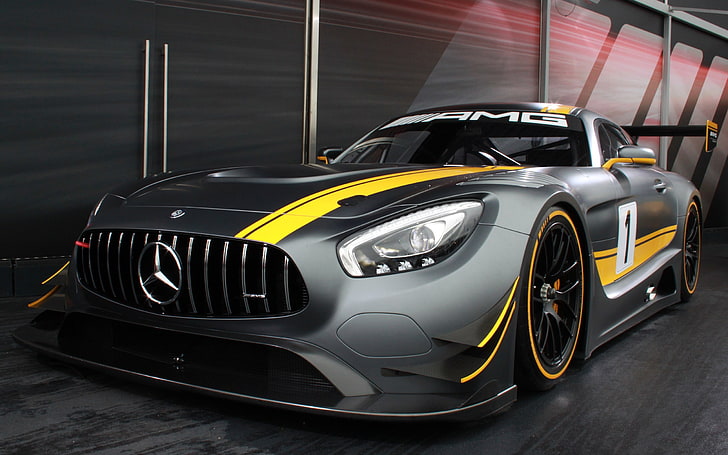Introduction:
There is a seismic shift in motorsport with an increasing emphasis on sustainability and innovation. As the world grapples with the challenges of climate change and environmental protection, the racing industry is adapting and embracing new technologies. One of the most prominent trends in this development is the rise of electric racing, where high-end electric vehicles (EVs) take center stage. Join us to explore the dynamic landscape of electric racing and its impact on the wider motorsport community.
Rise of Electric Races:
Electric racing has quickly transformed from a niche concept to a global phenomenon exemplified by the Formula E championship. Founded in 2014, Formula E has grown exponentially, attracting the attention of racing enthusiasts and environmentalists alike. The series features high-performance electric cars that compete on challenging urban circuits, providing an electrifying spectacle while promoting sustainable transport.
Technological progress:
A key factor in the success of electric racing is the relentless pursuit of technological progress. As car manufacturers and racing teams invest heavily in research and development, we are witnessing unprecedented breakthroughs in battery technology, aerodynamics and energy management. These innovations not only drive the performance of electric racing cars, but also contribute to the wider spread of electric vehicles on our roads.
Competition and rivalry:
The competitive landscape of electric racing is intensifying, and major automakers are entering the fray. Companies such as Audi, Jaguar and Mercedes-Benz are realizing the potential to showcase their technological prowess and are investing heavily in electric racing programs. This influx of industry giants has raised the level of competition, resulting in thrilling races that push the limits of electric vehicle capabilities.
Impact on traditional motorsport:
The success of electric racing is affecting traditional motorsport and leading to a re-evaluation of established norms. Formula 1, the pinnacle of traditional racing, introduced hybrid power units, combining internal combustion engines with electric components. This hybrid approach not only increases performance, but is also in line with the wider trend towards sustainability in the automotive industry.
Environmental awareness:
Electric racing is not just about speed and competition; it is a platform to promote environmental awareness. The reduced carbon footprint of electric vehicles, coupled with the push for sustainable manufacturing practices, is in line with the global commitment to combat climate change. Motorsport is becoming a strong supporter of cleaner and more environmentally friendly technologies that can also be applied outside of racing circuits.
The way forward:
As electric racing continues to gain momentum, the road ahead is full of exciting possibilities. The convergence of electric and autonomous technologies, together with a growing emphasis on diversity and inclusion, promises a future where motorsport not only captivates audiences with thrilling racing, but also leads to a more sustainable and inclusive world.
Conclusion:
Electric racing is more than a trend; is a catalyst for change in the motorsport environment. The combination of speed, technology and sustainability is reshaping the industry, attracting new audiences and inspiring a generation of innovators. As we witness the evolution of electric racing, one thing is clear – the fast lane is no longer just about speed; it’s about navigating the path to a more sustainable and joyful future.

